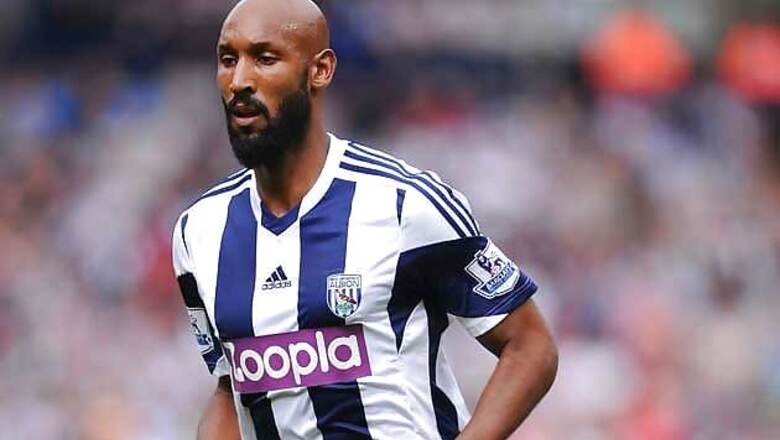
views
London: West Bromwich Albion forward Nicolas Anelka was charged by the English Football Association on Tuesday for performing a gesture considered to be anti-Semitic while he was celebrating a goal. The former French national team play has until Thursday to respond to the charge and is facing a minimum five-game Premier League ban under the FA's anti-discrimination sanctions.
West Brom said Anelka is "considering his options" and added its internal inquiry will conclude when the FA process is over. Anelka's Twitter account later linked to an online video from a French Jewish leader who questioned the FA's decision to take action. "It looks a bit severe to me," said Roger Cukierman, President of the Representative Council of French Jewish Institutions.
It "would be reprehensible only in the case where the gesture was made in front of a synagogue or a Holocaust memorial. When it is made in a place that has no Jewish specificity, it seems to me that it is a gesture of rebellion, a little anarchist, against the establishment. And that, it seems to me, doesn't deserve a severe sanction."
The gesture, which is known in France as a "quenelle" and has been described as an "inverted Nazi salute," involves pointing one straightened arm downward while touching the shoulder with the opposite hand. It was popularized by a French comedian whose performances are considered anti-Semitic. Dieudonne M'Bala M'Bala denies anti-Semitism claims, but he has been convicted multiple times for inciting racial hatred or anti-Semitism.
This month, Dieudonne agreed to abandon a controversial show banned in several French cities after angering the government. An anti-racism group, Kick It Out, said the FA has "spent a longer time than desirable" before charging Anelka over the incident in the globally-televised match against West Ham on Dec. 28.
Anelka said then the gesture was meant to show support for Dieudonne and it was "anti-system" rather than anti-Semitic. While accepting that Anelka is not anti-Semitic, Britain's Jewish security organization warned Tuesday that the "quenelle" could be directed at Jews more often as a result of its use in a match.
"Anelka has introduced a very ugly phenomenon into British football," the Community Security Trust said. The 34-year-old Anelka already had agreed not to perform the gesture again but has not apologized. "Anelka made a gesture which was abusive and/or indecent and/or insulting and/or improper," the FA said in a statement. "It is further alleged that this is an aggravated breach ... that it included a reference to ethnic origin and/or race and/or religion or belief."
The FA introduced a minimum five-game ban for racism last year following high-profile cases that saw Liverpool forward Luis Suarez suspended for eight games and Chelsea captain John Terry for four. A three-person FA independent regulatory commission will deal with Anelka's case, and the European Jewish Congress is demanding "the strongest punishment possible."
"The FA must send a very strong message that offenses made against the Jewish community should be treated in the same away as offenses against any other minority," EJC President Moshe Kantor said. "Anti-Semitism is a growing phenomenon in Europe, and in particular surrounding football stadiums, and hate against Jews, as with any other type of hate and intolerance, should be stamped out without demonstrating leniency to the perpetrators."
West Brom's shirt sponsor announced that as a result of the controversy it won't be renewing its deal, which expires at the end of the season. After growing up in a Parisian suburb, Anelka started his career at Paris Saint-Germain and was quickly spotted by Arsenal manager Arsene Wenger, who signed him in 1997. Anelka's sometimes nonchalant attitude and apparent lack of commitment to the team started to anger the Arsenal fans, who gave him the nickname "Le Sulk."
Anelka left Arsenal in 1999 for Real Madrid, where he won the Champions League, before moving to PSG, Liverpool, Manchester City, Fenerbahce, Bolton and Chelsea. Anelka caused the biggest controversy of his career representing France when he was sent home from the 2010 World Cup after insulting then-coach Raymond Domenech in the dressing room. His reputation had reached its nadir, but the stubborn Anelka refused to apologize and ended his international career.











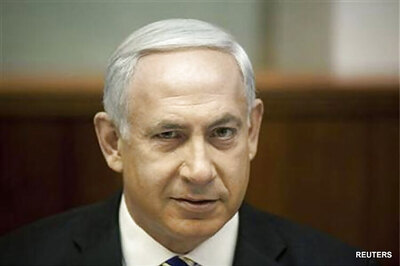
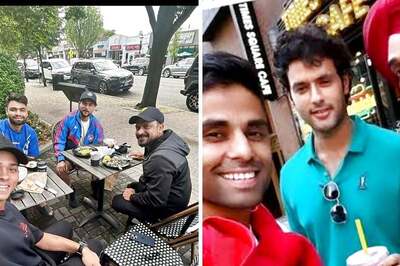
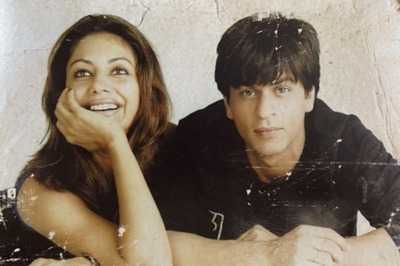
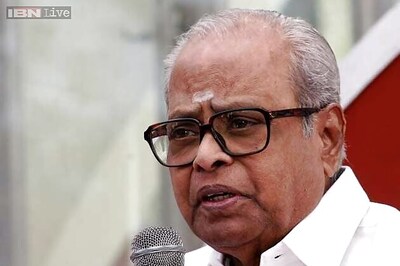




Comments
0 comment